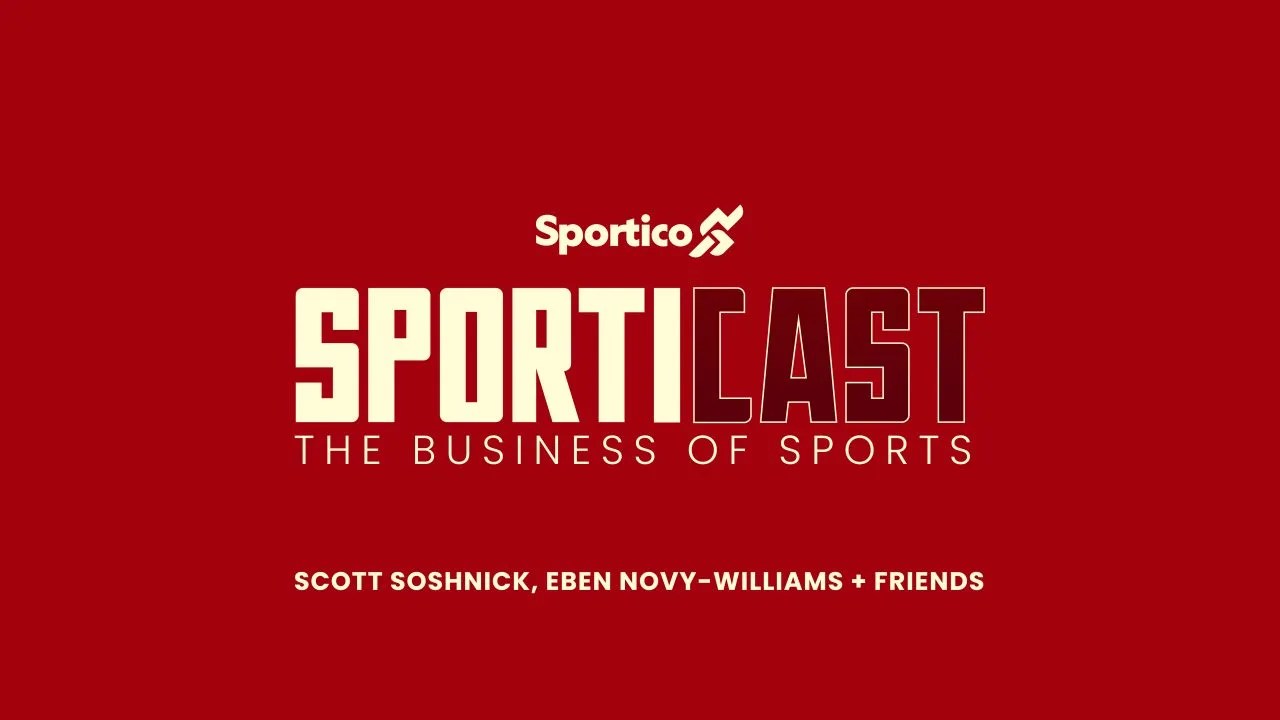
On the latest Sporticast episode, hosts Eben Novy-Williams and Jacob Feldman discuss some of the biggest sports business stories of the week, including the latest in the NBA’s investigation into the Los Angeles Clippers, owner Steve Ballmer and star Kawhi Leonard‘s $28 million deal with a now-bankrupt company called Aspiration.
Speaking to reporters in New York following NBA board meetings, commissioner Adam Silver said Wednesday that the burden of proof was on the NBA to determine if Ballmer indeed circumvented the league’s salary cap through the Leonard/Aspiration partnership. Podcaster Pablo Torre, who broke the news of the relationship, could find no evidence of Leonard ever doing a public appearance for the company.
The hosts discuss the murky nature of this set-up. Ballmer was both paying Leonard and investing in Aspiration. The company had a $300 million partnership with the team, and the deal with its star player. When asked about the set-up on Wednesday, Silver said the league was more focused on the specifics of this specific instance than it was on how to police other three-way relationships in the future.
Next the hosts talk about the rising cost of sports streaming services. As we quickly approach a post-cable world, sports are simultaneously getting harder to find and easier to consume. They debate the cost vs. convenience of that tradeoff. They also talk about how subsidies from non-sports watchers—a hallmark of the cable era—still exist for modern sports fans.
They close by contextualizing some recent viewership numbers in American football. First, the NFL‘s first YouTube game averaged about 16.2 million viewers in the U.S., and another 1.1 million overseas. Second, a high profile college football game between Ohio State and Texas, which occurred before the NFL season kicked of, drew 16.6 million.
(You can subscribe to Sporticast through Apple, Spotify, or wherever else you get your podcasts.)
